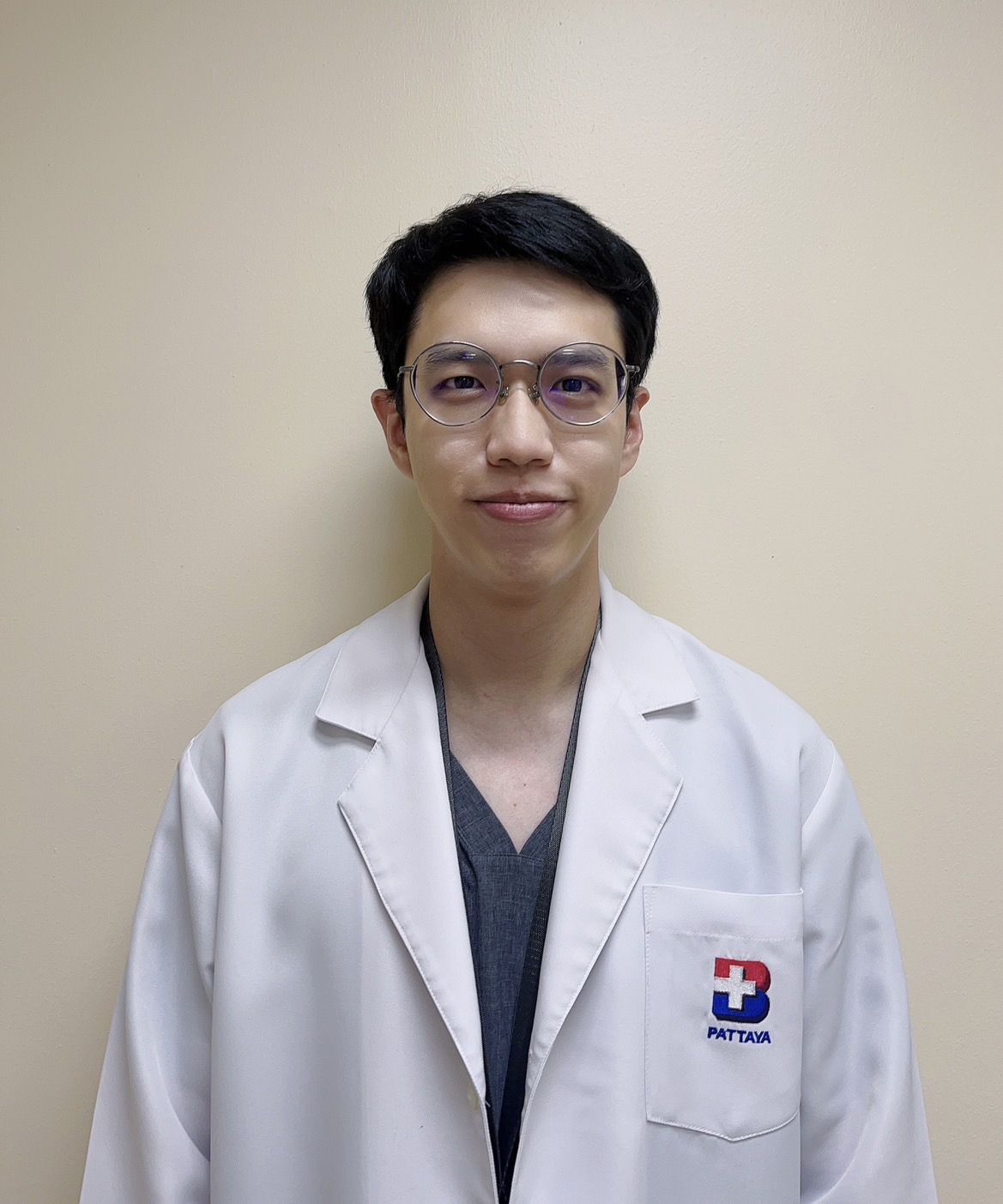
Breast Lift (Mastopexy)

Breast Lift surgery, also called Mastopexy, removes excess breast skin to raise, reshape and firm your breasts. The nipples and areolas (the pigmented skin surrounding the nipples) are repositioned and the areolas sometimes may be reduced in size. If desired, implants may be inserted in conjunction with a breast lift to increase breast volume.
If you are considering a breast lift, your board-certified plastic surgeon wants you to be thoroughly informed about the procedure. A personal consultation with your surgeon is the best way to obtain the additional information you will need.
As most women age and skin elasticity diminishes, the breasts begin to sag and lose their shape. Breast lift is a plastic surgery procedure that can restore firmness and shape to the bosom. Some women may choose to have breast augmentation performed in conjunction with breast lift, which may yield more satisfying results for those who desire greater volume and firmness. During mastopexy, the plastic surgeon can also reduce areola size, if this is also a concern.
Breast Lift Surgery
Breast lift surgery is somewhat similar to the breast reduction procedure, as both usually involve creating anchor-shaped incisions. With breast lift surgery, however the plastic surgeon is not trying to remove underlying tissue, only excess skin. In fact, as mentioned above, the physician can insert a breast implant to augment breast size and shape. An incision is made around the areola, and the position of the nipple is adjusted higher. The excess skin is trimmed, leaving a pattern that will create the desired shape upon closure. Breast implants may be inserted prior to suturing the skin back together. Gauze dressings will be applied and held in place by bandages or a surgical bra. After a few days, a support bra should be worn for several weeks while the breasts are healing.
Breast Lift Complications
As with all surgical procedures, there is a risk of complications following breast lift. Some patients may lose sensation in the nipples and areolas after breast lift surgery, typically when significant repositioning is necessary. There is also the risk of surgical complications such as bleeding, infection, or excessive scarring. Patients who receive breast augmentation during breast lift should be prepared for the possibility of any post-surgical complications associated with breast implants. The results of breast lift surgery may not always meet expectations, so it is best to be realistic before undergoing such a surgical procedure.
Please consult our skilled plastic surgeon to learn more about getting a breast lift.
Candidates:
- Breasts that are pendulous but of satisfactory size
- Breasts that lack substance of firmness
- Nipples and areolas that point downwards, especially if they are positioned below the breast creases.
Sometimes these conditions may be inherited traits. In certain cases, the breasts may have developed differently so that one breast is firm and well positioned while the other is not.
A breast lift can be performed at any age, but some surgeons recommend waiting until breast development has stopped.
Breast lift surgery usually will not affect your ability to breastfeed.
FAQ about Breast Lift
How will my plastic surgeon evaluate me for breast lift surgery?
Your surgeon will examine your breasts, taking measurements and perhaps photographs for your medical record. The size and shape of your breasts, the quality of your skin and the placement of the nipples and areolas will be carefully evaluated. Information about any medical conditions, drug allergies treatments you received, previous surgeries including breast biopsies and medications that you currently take. It is important for you to provide complete information.
How a breast lift is performed?
Individual factors and personal preferences will determine the specific technique selected to lift your breasts.
Where are the incisions placed?
A common method of lifting the breasts involves three incisions. One incision is made around the areola. Another runs vertically from the bottom edge of the areola to the crease underneath the breast. The third incision is horizontal beneath the breast and follows the natural curve of the breast creases. After the plastic surgeon has removed excess breast skin, the nipple and areola are shifted to a higher position. The areola that in a sagging breast may have been stretched can be reduced in size. The nipples and areolas remain attached to underlying mounds of tissue and this usually allows for the preservation of sensation and the ability to breastfeed.
Understanding Risk
Fortunately, significant complications from breast lifts are infrequent. Every year, many thousands of women undergo successful breast lift surgery, experience no major problems and are pleased with the results. Anyone considering surgery, however, should be aware of both the benefits and risks.
I understand that every surgical procedure has risks, but how will I learn more so that I can make an informed decision?
Some of the potential complications that may be discussed with you, include bleeding, infection and reactions to anesthesia. You can help to lessen certain risks by following the advice and instructions of your plastic surgeon, both before and after surgery.
How should I prepare for surgery?
Depending on your age, following a breast lift, you will still be able to perform breast self-examination.
The surgery will not increase your risk of developing breast cancer. If you are a smoker, you will be asked to stop smoking well in advance of surgery. Aspirin and certain anti-inflammatory drugs can cause increased bleeding, so you should avoid taking these medications for a period of time before surgery. Your surgeon will provide you with additional preoperative instructions.
What will the day of surgery be like?
Medications are administered for your comfort during the surgical procedure. Often, a general anesthetic is administered, so that you will be asleep throughout the procedure. When the surgery is completed, you will be monitored closely, sometimes small drain tubes will have been placed in your breast to help avoid the accumulation of fluids. Gauze or other dressing may be placed on your breasts and covered with an elastic bandage or surgical bra.
How will I look and feel initially?
The day after surgery, you will be encouraged to get out of bed for short period of time. After several days, you should be able to move about more comfortably. Straining, bending and lifting must be avoided, however, since these activities might cause increased swelling or even bleeding. You may be instructed to sleep on your back to avoid pressure on your breast. Stiches will be removed approximately three weeks, you may be instructed to wear a support bra for a few weeks.
When can I resume my normal activities?
It is often possible to return to work within a week or so, depending on the type of job. You can resume most of your normal activities, including some form of mild exercise, after several weeks. Severe pain should be reported to your doctor. Any sexual activity should be avoided for a minimum of one or two weeks.
Result of a Breast Lift.
Breast Lift surgery will make your breast firmer and more uplifted. The position of your areolas and nipples will be enhanced, and the size of your areolas will be aesthetically pleasing.
Testimonials
Tummy Tuck (Subthai) : Bangkok Hospital Pattaya
Leanne, she is a personal trainer, went to Bangkok Hospital Pattaya with her husband for abdominal lifting surgery. She was very excited and impressed by the results of this change.
Facelift : Bangkok Hospital Pattaya
Michelle came to Thailand this time to make greater changes in her life. She found out what she wanted and enjoyed. When the first result is satisfactory, the next step is Facelift surgery.
Related Doctors

| Dermatology |

| Oral and Maxillofacial Pathology |
| General Dentistry |

| Plastic Surgery |

| Dermatology |

| Dermatology |

| Dermatology |

| Dermatology |

| Dermatology |

| Plastic Surgery |

| Dermatology |

| Plastic Surgery |

| Dermatology |

| Oral and Maxillofacial Surgery |

| Surgery |
| Plastic Surgery |

| Surgery |
| Plastic Surgery |
| Family Medicine |

| Dermatology |

| Oral and Maxillofacial Surgery |

| Preventive Medicine, Public Health |
| Family Medicine |

| Dermatology |

| Dermatology |

